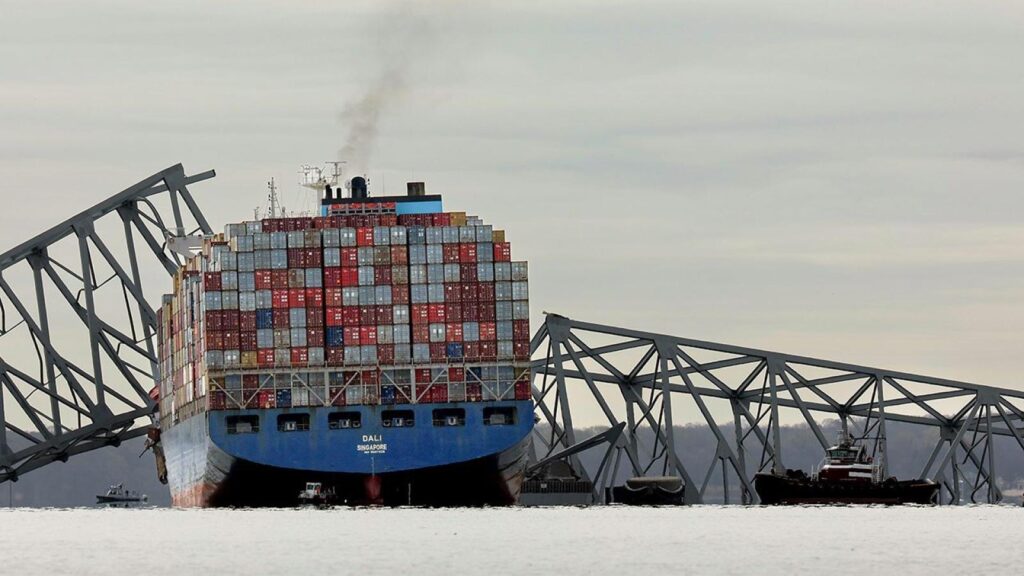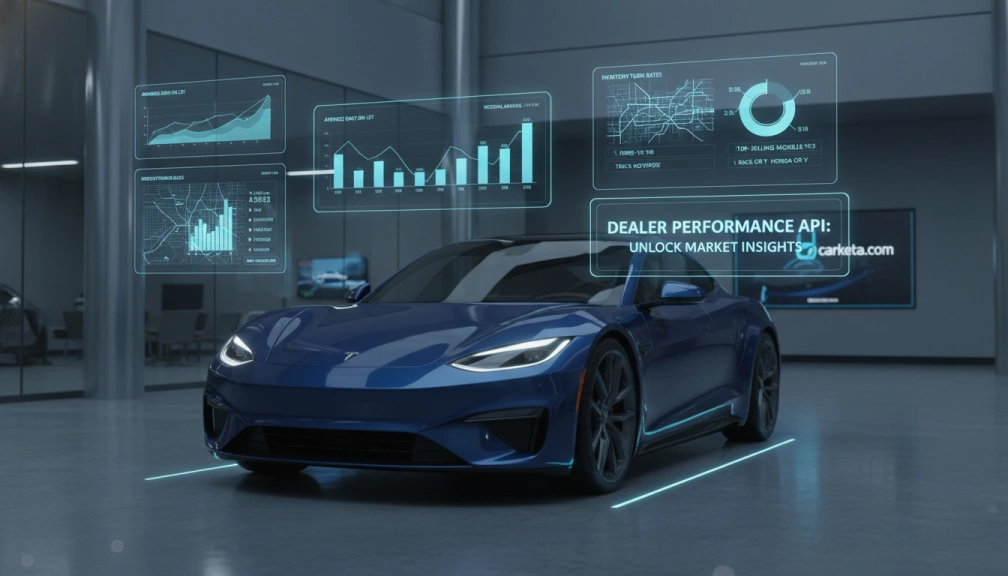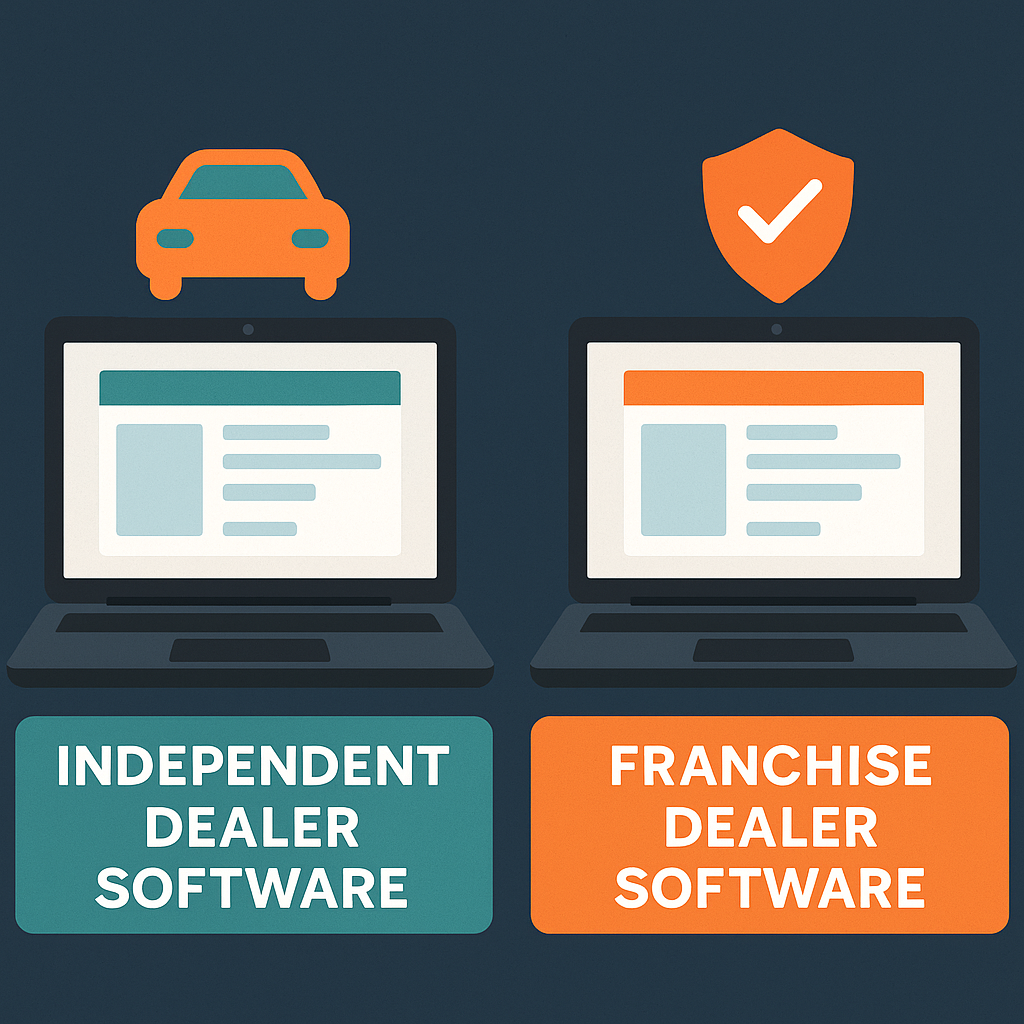As thousands of port workers across the United States go on strike, the ripple effects are beginning to surface across multiple industries, and the automotive sector is no exception. While car dealerships might feel secure with existing inventory, a prolonged strike could disrupt supply chains, impact inventory flow, and create pricing volatility. Understanding these effects is crucial for car dealers seeking to navigate a potentially tumultuous market.
The Immediate Impact on the Auto Industry
For now, major automakers—especially those with ample domestic production—are insulated from the immediate effects of the strike. Car manufacturers with strong U.S. production lines and substantial inventories built up over the past few years may weather the storm more easily. However, the situation isn’t as rosy for brands relying on European imports, which are already starting to experience shipment delays.
The strike, which sees longshoremen walking out of key ports, creates bottlenecks for European automakers importing vehicles to the U.S. market. Audi, BMW, Mercedes-Benz, and other European luxury brands will likely feel the pinch first, as many of their most popular models are manufactured overseas.
If the strike extends, shortages in certain vehicle types could start to impact dealerships across the country. This would limit choices for consumers and could push prices higher for vehicles that become scarce due to shipping delays.
Supply Chain Disruptions and Inventory Shortages
Supply chain disruptions have been an ongoing issue since the global pandemic, and the port strike adds another layer of complexity. For car dealerships, delays in both vehicle and part deliveries mean extended wait times for customers, which can impact customer satisfaction.
Dealers that are dependent on imported parts for servicing vehicles could face longer repair times, leading to unhappy customers and potential loss of business. This is where efficient inventory management software becomes vital, helping dealerships better forecast stock and manage customer expectations.
An often-overlooked consequence of the port strike is the strain it places on dealership service departments. With imported parts delayed, routine vehicle repairs and maintenance can be significantly prolonged, leading to customer frustration and potential loss of business. However, by streamlining their internal processes, dealerships can mitigate some of this impact. Carketa’s reconditioning solution plays a vital role here, allowing dealers to track and optimize the repair and preparation of vehicles, ensuring that service departments run more efficiently. By reducing downtime and improving workflow, Carketa helps dealerships keep vehicles moving through service quickly, even when parts availability becomes an issue—ultimately keeping customers satisfied and protecting dealership revenue.
Why Timing and Pricing Strategies Matter for Dealers
This disruption presents both challenges and opportunities for car dealers. On the one hand, limited supply in certain vehicle types could create competition and drive up prices. On the other hand, dealerships may face extended wait times for inventory, increasing the importance of optimizing pricing strategies to remain competitive during the uncertainty.
Dealers who are able to anticipate these changes and adjust their inventory and pricing accordingly will have a significant advantage. Consumers may be willing to pay premiums for cars that are hard to find, but dealerships must strike a careful balance between maximizing short-term profits and maintaining long-term customer loyalty.
Carketa: A Solution to Stay Ahead
During periods of market volatility, staying ahead of inventory trends and pricing competitively is essential for survival. This is where Carketa comes in. With powerful tools like market intelligence reports and competitive analytics, Carketa enables dealers to make data-driven decisions in real-time. By leveraging the platform’s insights, dealers can anticipate inventory shortages, adjust pricing strategies, and find the right vehicles to maintain profitability during disruptions like the port strike.
Carketa helps car dealers avoid surprises by providing a clear view of market trends, ensuring that they remain agile and well-positioned—even when the supply chain is in flux. With Carketa’s appraisal and inventory management tools, dealerships can navigate this uncertain time with confidence, while staying a step ahead of competitors.
Conclusion
As the port strike continues to unfold, car dealerships should remain vigilant of its potential long-term impact on the auto industry. From supply chain disruptions to pricing challenges, the effects could be widespread, especially for those relying on imported vehicles. By leveraging tools like Carketa, dealers can protect their margins, adapt to changing inventory trends, and maintain their competitive edge.
Explore related articles to learn more about software solutions for car dealerships:






